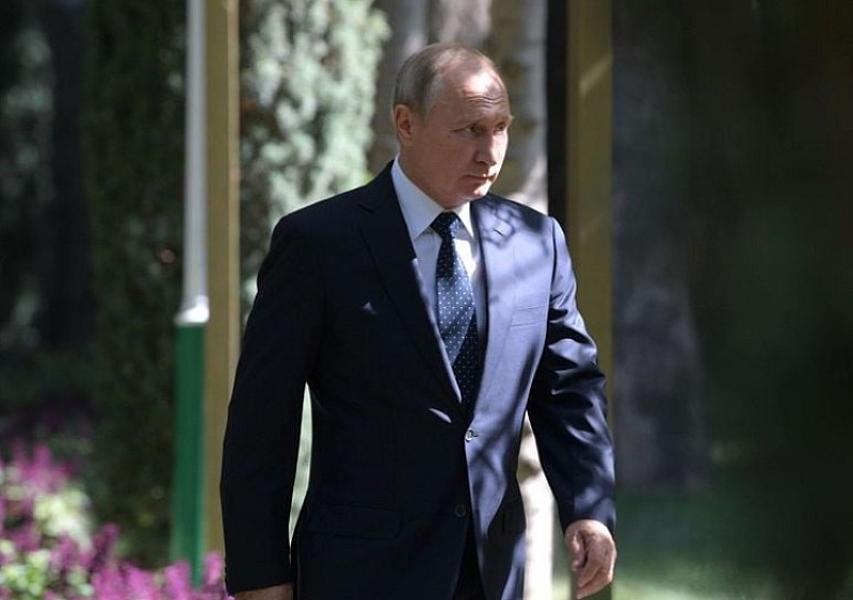As Russia's military-political failure in Ukraine deepens, state power weakens, and as a result, the leak of confidential information increases.
After calling on Putin to stop the war in Ukraine and start peace talks with Kyiv, the Presidential Administration head's deputy Dmitry Kozak, who oversaw interregional and cultural relations with foreign countries, was weakened, and the presidential administration department was abolished. After that, numerous reports about espionage activities of Russia in post-Soviet countries began to leak. In one such report-type correspondence, it is stated that more than 100 million dollars have been spent to create a network of Russian influence agents in Azerbaijan.
The report states that Russia actively worked with journalists from neighboring countries to create influence agents. A former employee of the abolished presidential administration department for interregional and cultural relations with foreign countries, who informed "The Insider" about this, also provided the editorial office with the names of 136 journalists and bloggers recruited as Russian influence agents. According to "The Insider," notes are made next to their names such as: "Interesting," "to work," "ours," "acted foolishly," "turned," "only interested in money, to work," "may cause trouble at rallies."
It is clearly seen that a very clear characterization was written about all these persons. Therefore, expressions determining each one’s future activity are written next to their names.
It is not news that, as in all post-Soviet countries, there is a wide espionage network of Russia also in Azerbaijan. However, the published information about the espionage network of Russia’s special services has created the danger that the names of persons in this network may fall into the hands of the special services of other countries. This means that states hostile to Azerbaijan could take control of Russia's espionage network in Azerbaijan and use it against our country. Therefore, the Azerbaijani government and society should be interested in revealing and neutralizing them. This work can start by clarifying whether there are any Azerbaijani journalists or bloggers among the 136 influence agents whose names are known to "The Insider" editorial office.
Xagani Jafarli,
political scientist

